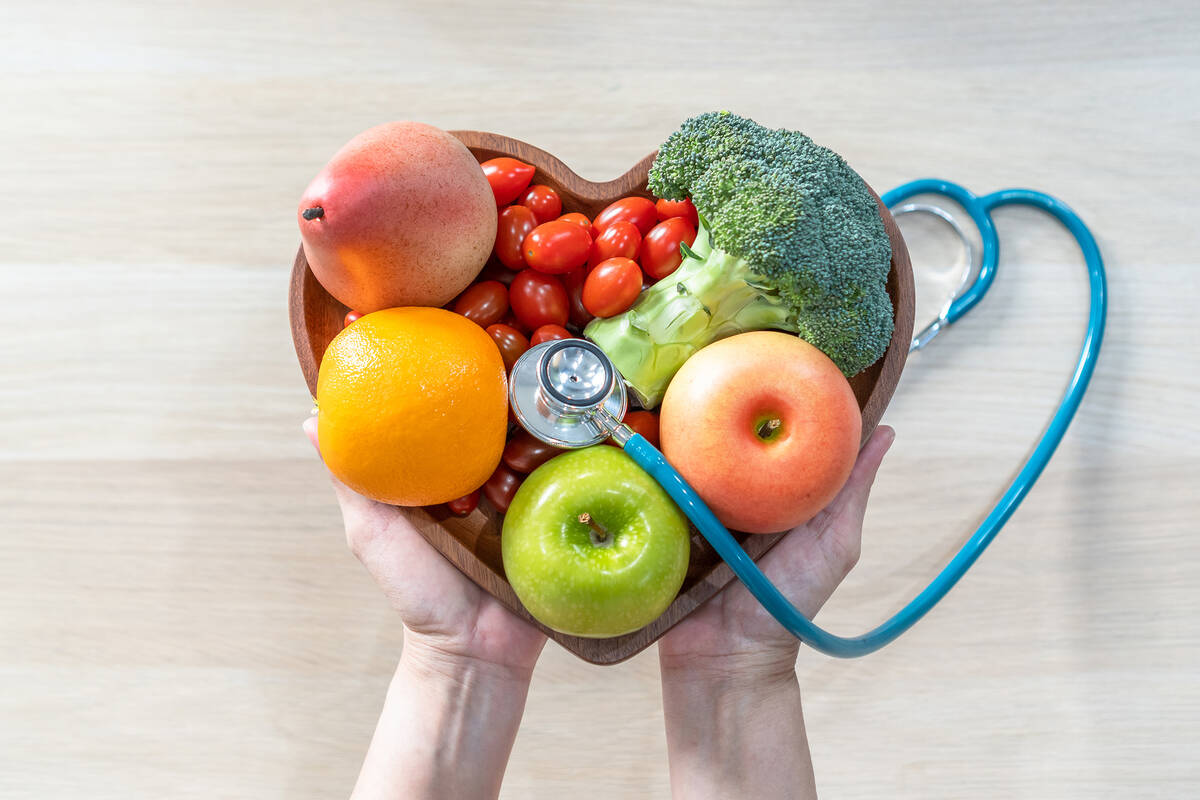Fact or fiction? Test your nutrition knowledge with this quiz
March is National Nutrition Month, an annual campaign created by the Academy of Nutrition and Dietetics 50 years ago. It’s a good occasion to take this nutrition quiz, adapted from resources by the Academy of Nutrition and Dietetics.
Fact or fiction?
1. Most Americans get enough dietary fiber.
Fiction. Research shows that most of us do not eat enough fruits, vegetables, whole grains and nuts — plant-based foods that supply dietary fiber.
2. Frozen vegetables and fruits can be as nutritious as fresh produce.
Fact. Many commercial fruits and veggies are frozen right after they have been picked, retaining important nutrients. Look for varieties that have no added sugars, sodium or saturated fat.
3. Wheat bread is considered a whole grain.
Fiction. Wheat bread is not the same as whole wheat bread. Look for the words “whole wheat,” “whole oats” or “whole grain” as the first or second ingredient on the food label.
4. Fish and seafood provide important nutrients.
You bet they do — most notably immune builders protein and zinc, blood-building iron and omega-3 fatty acids, which fight inflammation.
5. Nuts and seeds count as plant-based proteins.
Yep. Nuts, seeds and butters made from them are part of the protein food group.
6. Three daily cups of dairy foods is currently recommended for older children and adults.
Fact. A general recommendation for children ages 9 and older as well as adults is to consume three cups of dairy per day. This includes low-fat varieties of milk, yogurt, cheese, cottage cheese, or calcium-fortified soy milk or soy yogurt.
7. You have to do planned exercises to meet current physical activity goals.
Fiction. All types of activity (moving arms, legs or both) are considered beneficial and count toward physical activity. Americans are encouraged to move more during the day and to aim for at least 30 minutes of physical activity on most days of the week. Sixty minutes or more daily is recommended for school-age children (play counts!).
8. It’s unhealthy to snack between meals.
Not necessarily. Snacking on healthful foods can help manage hunger between meals (fruit and nuts, anyone?). The key is to plan what you are going to eat in advance rather than waiting until you are hungry to choose a snack.
9. Fruits and vegetables provide vitamins and minerals that support a strong immune system.
That’s a fact. Fruits and vegetables contain a variety of vitamins and minerals that support immune health, including vitamins A and C.
10. No nutrition question is too dumb.
Fact. Send me whatever’s on your mind, and I’ll do my best to answer your questions.
Barbara Intermill is a registered dietitian nutritionist and syndicated columnist. Email her at barbara@quinnessentialnutrition.com.


















